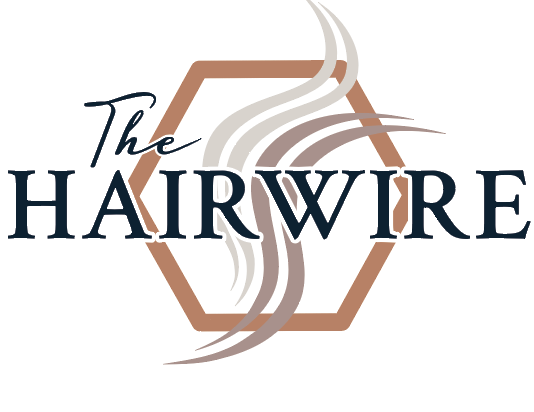
The scalp, often referred to as the crown of our head, plays a crucial role in our overall hair and scalp health. It’s a dynamic environment that can be prone to various conditions, some of which can be both uncomfortable and concerning. As a copywriter with a background in trichology, I am committed to unraveling the mysteries of scalp conditions, shedding light on their origins, and providing insights into their management.
Understanding Scalp Conditions:
Scalp conditions encompass a wide array of issues that affect the skin on the scalp. These conditions can manifest in different forms, from minor irritations to more serious concerns that impact both the scalp and hair health. Understanding the various scalp conditions is the first step towards effectively managing them.
Common Scalp Conditions:
- Dandruff: Dandruff is a common scalp condition characterized by the shedding of white or yellowish flakes of skin. It is often caused by an overgrowth of a yeast-like fungus called Malassezia and can lead to itchiness and discomfort.
- Psoriasis: Psoriasis is a chronic skin condition that can affect the scalp. It results in the rapid buildup of skin cells, leading to red, scaly patches on the scalp, often accompanied by itching.
- Seborrheic Dermatitis: This condition is marked by red, greasy skin covered with flaky white or yellow scales. It can cause itching and discomfort and is sometimes linked to dandruff.
- Scalp Folliculitis: Scalp folliculitis occurs when hair follicles become inflamed and can lead to small, itchy pustules on the scalp. It may result from bacterial or fungal infections.
- Alopecia Areata: While primarily affecting hair follicles, alopecia areata can also involve the scalp skin. It leads to hair loss in small, round patches on the scalp.
Causes and Management:
Understanding the underlying causes of scalp conditions is crucial for effective management. Causes can vary from genetic predispositions to environmental factors and lifestyle choices. Here are some general management strategies:
- Topical Treatments: Depending on the specific scalp condition, over-the-counter or prescription topical treatments may be recommended. These can include medicated shampoos, creams, or ointments.
- Anti-Inflammatory Approaches: Many scalp conditions involve inflammation. Lifestyle changes, such as stress reduction and a balanced diet, can help manage inflammation.
- Hygiene and Hair Care: Proper hygiene practices, including regular shampooing with the right products for your scalp condition, can help keep symptoms under control.
- Prescription Medications: In some cases, dermatologists may prescribe oral medications or corticosteroids to manage severe scalp conditions.
- Consultation with a Specialist: For persistent or severe scalp conditions, it’s essential to seek the guidance of a dermatologist or trichologist. They can provide a tailored treatment plan and help monitor your progress.
Scalp conditions can impact not only the health of your scalp but also your overall well-being. By understanding these conditions, recognizing their causes, and adopting appropriate management strategies, you can reclaim the comfort and confidence that come with a healthy scalp. Remember that seeking professional advice is key, as they can provide personalized solutions to address your unique scalp needs. Your scalp deserves the same care and attention as the rest of your body, and a healthy scalp can pave the way for vibrant, lustrous hair.
Watch:
Read More:


